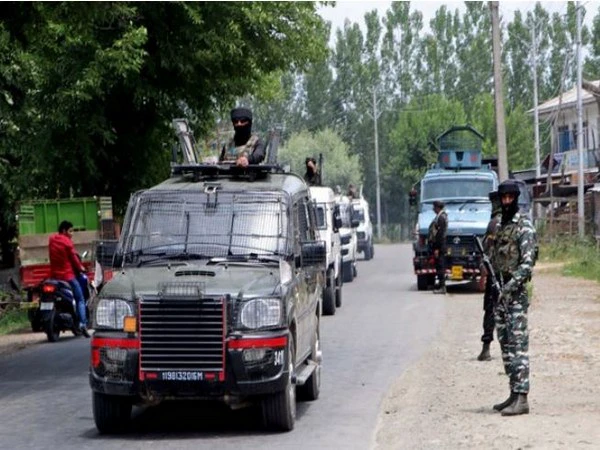The security situation in Jammu and Kashmir has improved post-abrogation of Article 370 from the then state in August 2019, as the number of terrorism-related incidents and terrorists has significantly reduced, according to a report.
“Scrapping of Article 370, a temporary provision in the Constitution, has proven to be a major step towards restoring peace and normalcy in the erstwhile princely state,” the report said.
“Terrorism-related incidents witnessing almost a 50 per cent decline in three years are ample proof of the fact that J&K’s special status had sown the seeds of discord and was responsible for separatism and sedition becoming a part of J-K’s culture,” the report said.
“It tried to cover up the fact that Maharaja Hari Singh had signed an instrument of accession in October 1947 when the tribal raiders sent by the neighbouring country entered into J-K and tried to capture the erstwhile princely state,” it said.
“PoK residents are demanding freedom from Pakistan. They are looking towards Prime Minister Narendra Modi to reclaim the part of Kashmir that has been under the illegal occupation of Pakistan for the past 72 years. They have understood that for Islamabad, PoK is nothing more than a colony while for India, J-K is its integral part and New Delhi is providing world-class facilities to the residents of Jammu and Kashmir,” the report said.
The Centre, in the past three years, has taken steps to ensure that terrorists and their sponsors are given a befitting reply.
The security forces are putting in efforts to shatter the ecosystem of terrorists and end terrorism in J-K.
“Jamaat-e-Islami, Jammu and Kashmir Liberation Front and other separatist organizations have been banned and the properties owned by such parties are being attached and sealed,” it added.
“More than 5,000 Kashmiri Pandits are working in the Valley under the Prime Minister’s Development Package,” the report said.
The common man, in the recent past, has hit the ground on a number of occasions to protest against the targeted killings of the non-locals and minorities in the region.

